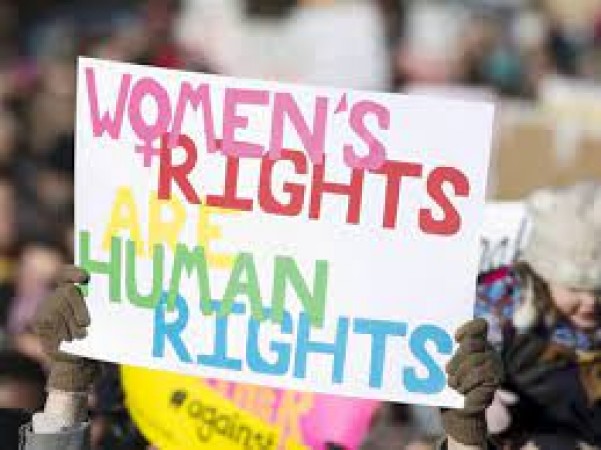
The role and respect of women in society have been subjects of intense debate and controversy throughout history. Despite significant progress towards gender equality, women still face challenges and discrimination in various aspects of life. This article delves into the historical perspective, societal roles, gender stereotypes, women's struggle for equality, and the impact of various factors on shaping the place and respect of women in society.
Historical Perspective on Women's Role
In many ancient civilizations, women were often relegated to traditional roles as caretakers and homemakers. Their participation in public life was limited, and they lacked access to education and decision-making processes. Over time, societies have undergone changes, and women have fought for their rights, leading to gradual improvements in their status.
Women's Struggle for Equality
The fight for women's rights gained momentum during the suffrage movements in the late 19th and early 20th centuries. Women's suffrage, granting them the right to vote, was a crucial milestone in the journey towards gender equality. However, even after obtaining voting rights, women continued to face barriers in other areas of life.
Gender Roles and Stereotypes
Gender roles and stereotypes have played a significant role in shaping societal attitudes towards women. The perception that women are solely responsible for domestic duties and nurturing roles has limited their opportunities for professional growth. Challenging these stereotypes is essential for creating a more inclusive and equal society.
Women in the Workforce
The participation of women in the workforce has increased significantly in recent decades. However, they still encounter wage gaps and glass ceilings, restricting their career advancement. Promoting workplace diversity and implementing fair pay policies are crucial steps in addressing these issues.
Representation in Media and Politics
The media and politics are influential spheres that impact how society views women. The representation of women in media often perpetuates stereotypes, objectifying them and undermining their capabilities. Similarly, women's underrepresentation in politics hinders their ability to influence policy decisions.
Violence Against Women
Violence against women remains a grave concern globally. Domestic violence, sexual harassment, and human trafficking are just a few examples of the challenges women face. Addressing these issues requires a concerted effort from governments, organizations, and communities.
Intersectionality and Women's Rights
Intersectionality acknowledges that women's experiences vary depending on factors such as race, ethnicity, class, and sexual orientation. Recognizing and addressing these intersecting forms of discrimination is vital in advocating for comprehensive women's rights.
Women's Empowerment Movements
Women's empowerment movements have emerged as powerful platforms for advocating for women's rights and gender equality. These movements have sparked social change and policy reforms, promoting women's agency and autonomy.
The Impact of Education on Women's Status
Education is a crucial factor in determining women's social status and opportunities. Access to quality education empowers women, equipping them with knowledge and skills to participate actively in society.
Changing Dynamics of Relationships and Marriage
Traditional gender roles within relationships and marriages have evolved over time. Modern relationships are characterized by shared responsibilities and decision-making, challenging traditional patriarchal norms.
Religion and Women's Rights
Religion has influenced societal attitudes towards women, both positively and negatively. Some religious traditions have promoted gender equality, while others have been used to justify discriminatory practices. Promoting interpretations that uphold women's rights is essential for progress.
Cultural Influences on Women's Place in Society
Culture plays a significant role in shaping attitudes towards women. Some cultural practices and norms may limit women's freedom and opportunities. Striking a balance between preserving cultural heritage and promoting women's rights is a delicate challenge.
Advancements and Future Prospects
Despite the challenges, advancements in women's rights have been significant. Women have broken barriers and achieved success in various fields. The future holds promise for continued progress towards greater gender equality. The controversy over the place and respect of women in society remains a critical issue that demands ongoing attention and action. By challenging gender stereotypes, promoting education and women's empowerment, addressing violence, and advocating for policy changes, we can build a more inclusive and equitable world for women.
AOC Streamer Going crazy on Twitch this Saturday Evening
Finding Common Ground: Promoting Dialogue in Competing Factions
Education as a Pathway to Conflict Reduction and Understanding